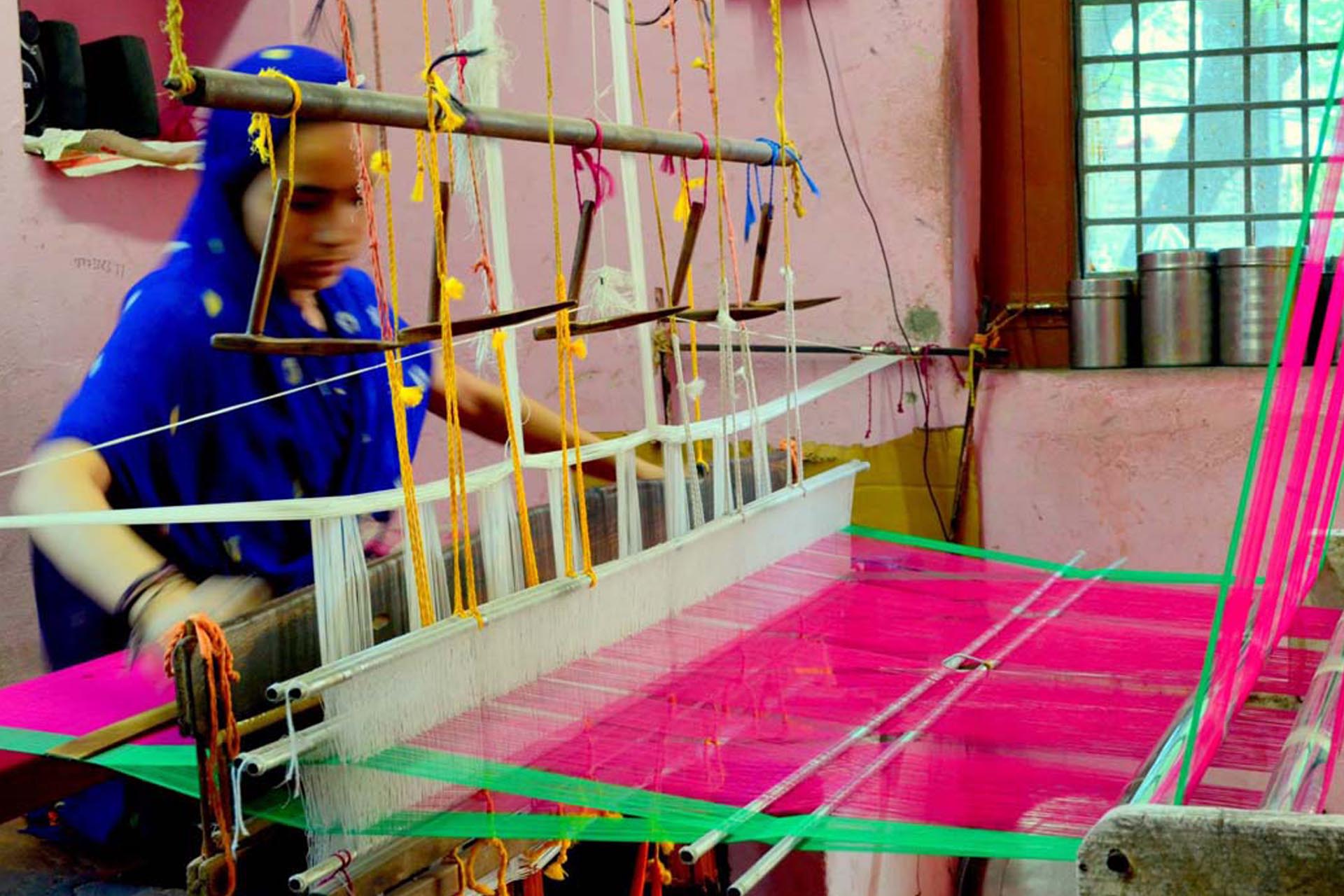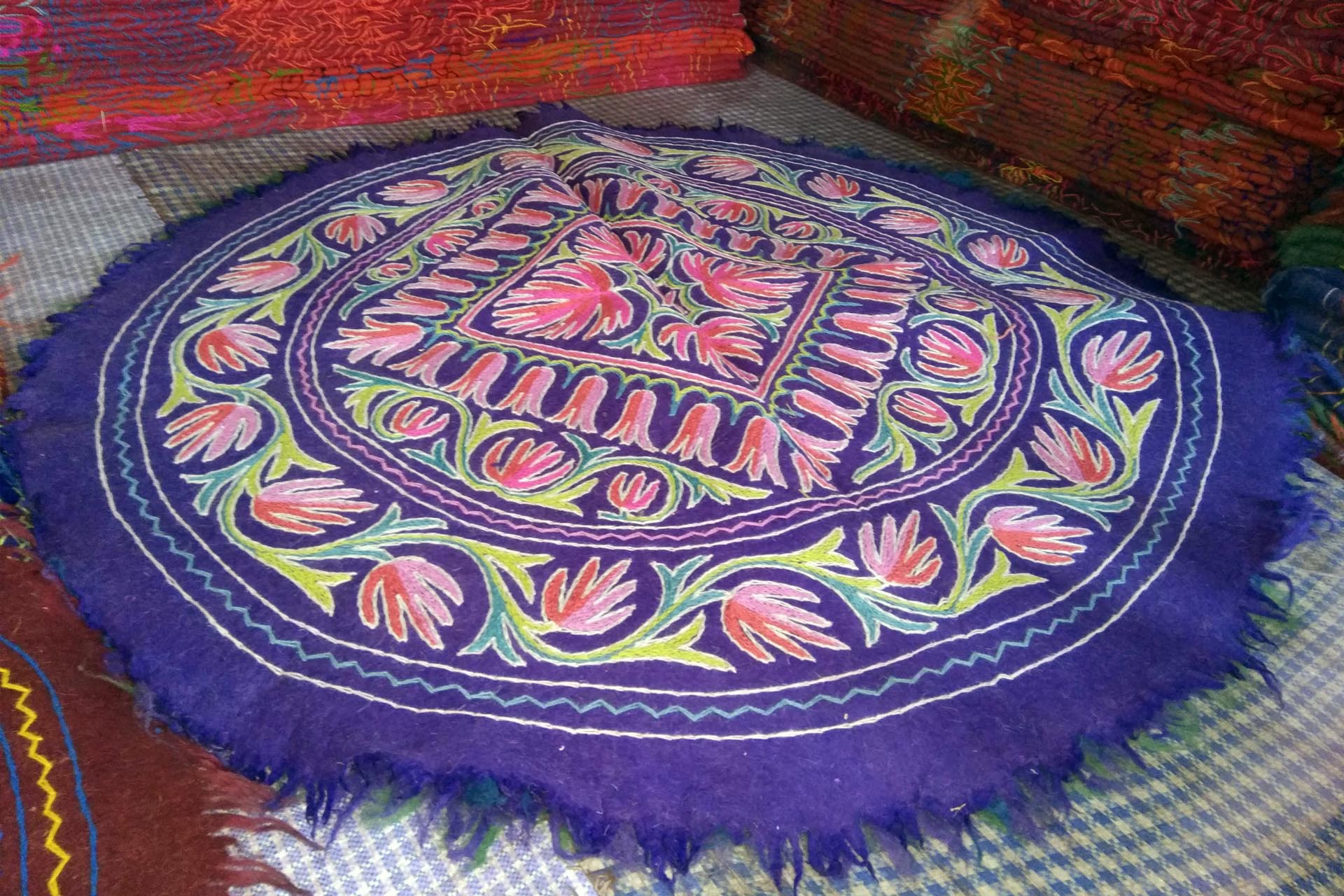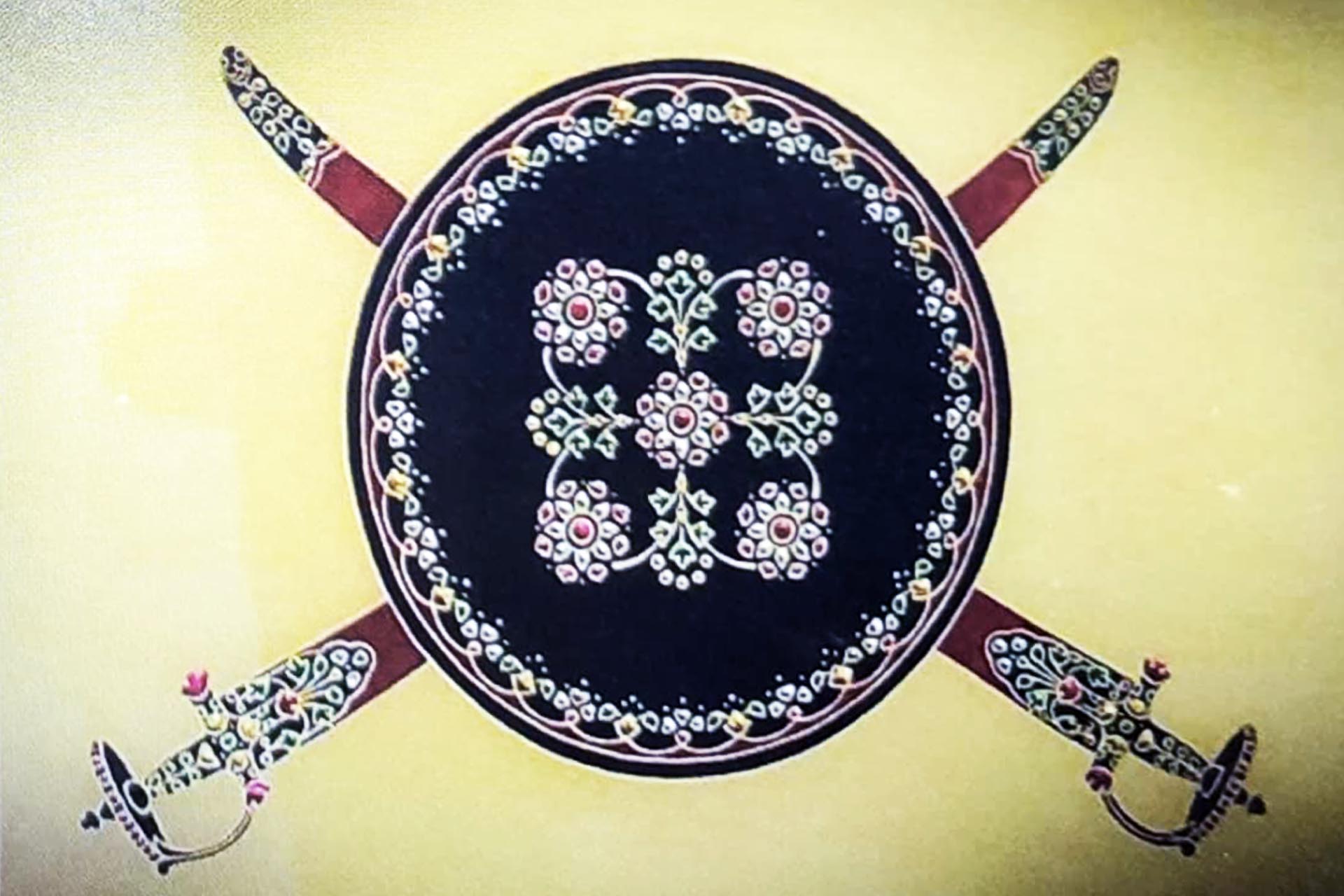Call Us Anytime
+91 93526-05429Handloom & Handicraft
Hadoti region of south-east Rajasthan has been bestowed with bright sunshine, moisture laden monsoon, healthy winter and gurgling streams. Chambal River and its tributaries crisscross the plateau and provide it with ample life sustaining water.
Kota Doria Fabric Kaithoon
Prince of Kota Rao Kishore Singh, who was also serving in Mughal army of Shah Jahan brought some weaver families from Mysore, These weavers were called 'Masurias'. These families are now setled in Kaithoon village. T he traditional weavers started producing a handloom fabric known as 'Kota Doria'. Initially it was worn as 'Pagdi or hear gear by the members of royal court. Later its scope of use widened and Sarees and Dhotis were made from Kota Doria fabric. The families of weavers still live in Kaithoon and craft beautiful silk and cotton mix fabric, which has found scope in modern dress designs and drapery. Kota Doria is woven on a traditional pit loom in such a fashion that it produces square checks pattern on the fabric.

Kota Doria Fabric Kaithoon
Prince of Kota Rao Kishore Singh, who was also serving in Mughal army of Shah Jahan brought some weaver families from Mysore, These weavers were called 'Masurias'. These families are now setled in Kaithoon village. T he traditional weavers started producing a handloom fabric known as 'Kota Doria'. Initially it was worn as 'Pagdi or hear gear by the members of royal court. Later its scope of use widened and Sarees and Dhotis were made from Kota Doria fabric. The families of weavers still live in Kaithoon and craft beautiful silk and cotton mix fabric, which has found scope in modern dress designs and drapery. Kota Doria is woven on a traditional pit loom in such a fashion that it produces square checks pattern on the fabric.

Namda Rugs of Bundi
The Namada rug is developed as an outdoor rug, but can be used inside the home as well. Ii is a very colourful rug with some Moorish influences, guaranteed to brighten up any space. The traditional namadas are handcrafted at Bundi.
Miniature Paintings, Glass & Foil Art
The traditional artist families of Kota school of painting have found scope in the miniature painting market. One of No families of the traditional painters of murals and frescoes continue to get employment by painting gates, doorjambs and windows or Jharokhas of the houses of few connoisseurs of traditional art. Few painters are producing miniatures at Kota and Bundi for international tourists. The Begari' family of artists produces glass and foil art work, which is an extremely rare form of art, practiced during medieval times. All these artists require governmental support and a common place to show their wares to customers.

Miniature Paintings, Glass & Foil Art
The traditional artist families of Kota school of painting have found scope in the miniature painting market. One of No families of the traditional painters of murals and frescoes continue to get employment by painting gates, doorjambs and windows or Jharokhas of the houses of few connoisseurs of traditional art. Few painters are producing miniatures at Kota and Bundi for international tourists. The Begari' family of artists produces glass and foil art work, which is an extremely rare form of art, practiced during medieval times. All these artists require governmental support and a common place to show their wares to customers.












